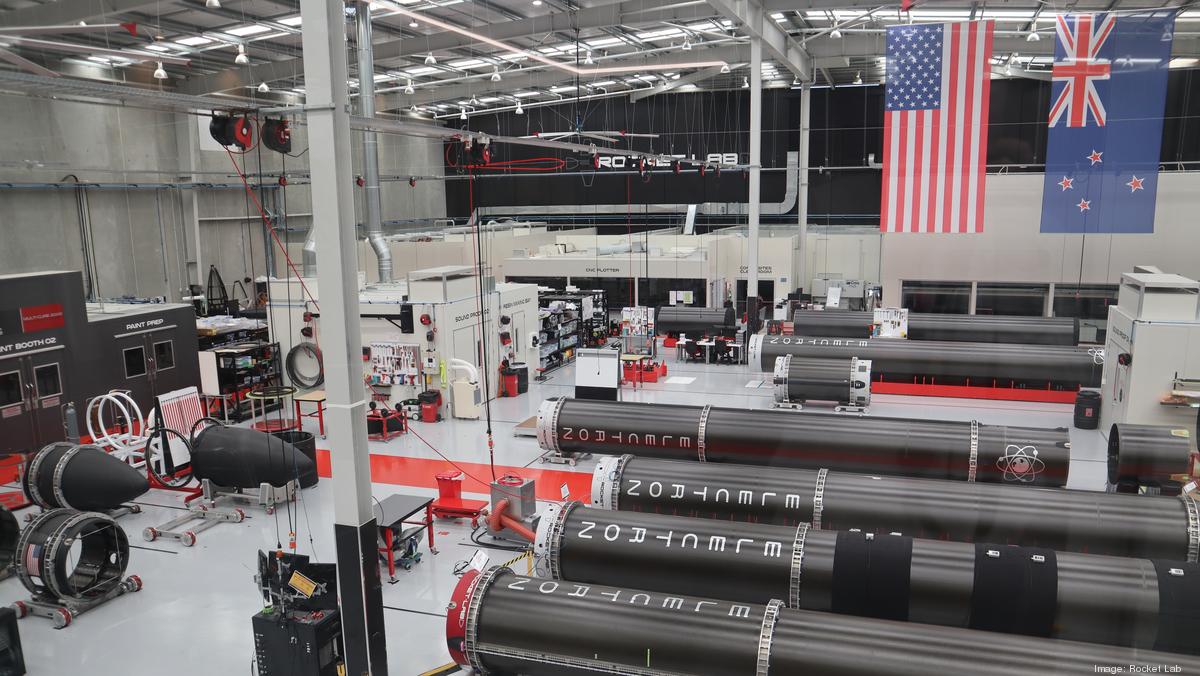Aerospace maturity reshapes Rocket Lab investment outlook
(NASDAQ:RKLB) gains 2.1% after delaying Neutron rocket launch to 2026, signaling capital discipline and focus on reusability as global launch economics mature.

Rocket Lab USA (NASDAQ:RKLB), New Zealand’s flagship aerospace manufacturer, announced a one-year delay in the inaugural Neutron rocket launch to 2026, citing design optimization and supply-chain alignment rather than funding constraints. The move signals a shift in the commercial-space industry’s priorities—from symbolic launch cadence toward profitability, reliability, and cost efficiency, reflecting the market’s structural maturation.
The deferral follows a decade of rapid industry cost compression: the average cost to low-Earth orbit has fallen from USD 3,800/kg in 2020 to USD 1,400/kg, narrowing margins across launch providers. Rocket Lab’s decision emphasizes capital discipline, focusing on reusability and engine-cycle life beyond 20 missions to enhance long-term returns. Although CapEx will remain elevated at USD 330 million in 2025, the firm’s USD 550 million liquidity buffer provides ample runway.
At the macro level, the delay has limited near-term GDP impact for New Zealand, where the space sector contributes 0.4% of national output and employs around 1,200 high-value workers. Yet the spillover benefits—in avionics, advanced materials, and defense applications—are substantial. By pacing development, Rocket Lab is signaling operational maturity that may bolster institutional confidence, contrasting the “launch-at-all-costs” culture of earlier commercial-space cycles.
Market reaction reinforced that view: RKLB shares rose 2.1%, while the company’s 2027 convertible notes held steady at 96.5 cents on the dollar. Its USD 1.2 billion backlog, including defense and constellation contracts, ensures revenue continuity despite schedule shifts.
This approach parallels SpaceX’s 2018 Falcon Heavy delay, which ultimately improved reusability metrics and cost efficiency. The industry is transitioning from headline launches to manufacturing economics, where Rocket Lab’s vertical integration and proprietary Rutherford engines deliver durable advantage.
Strategically, the delay aligns with AUKUS-linked defense collaboration, enhancing New Zealand’s participation in dual-use technology networks. By 2028, successful Neutron commercialization could capture 6–8% of the global small-payload market, pushing annual revenue toward USD 1.1 billion.
Investor takeaway: the space sector’s next growth phase will be defined not by launch frequency but by industrial maturity and profitability metrics—a domain where Rocket Lab appears well-positioned.





